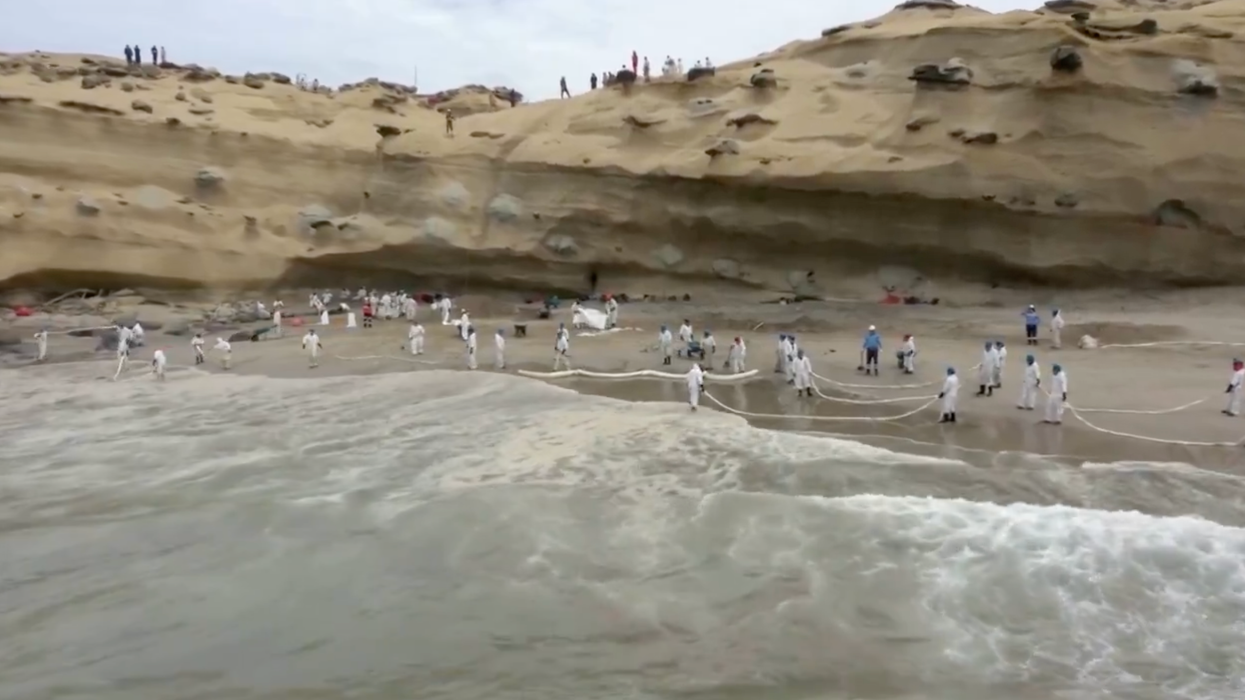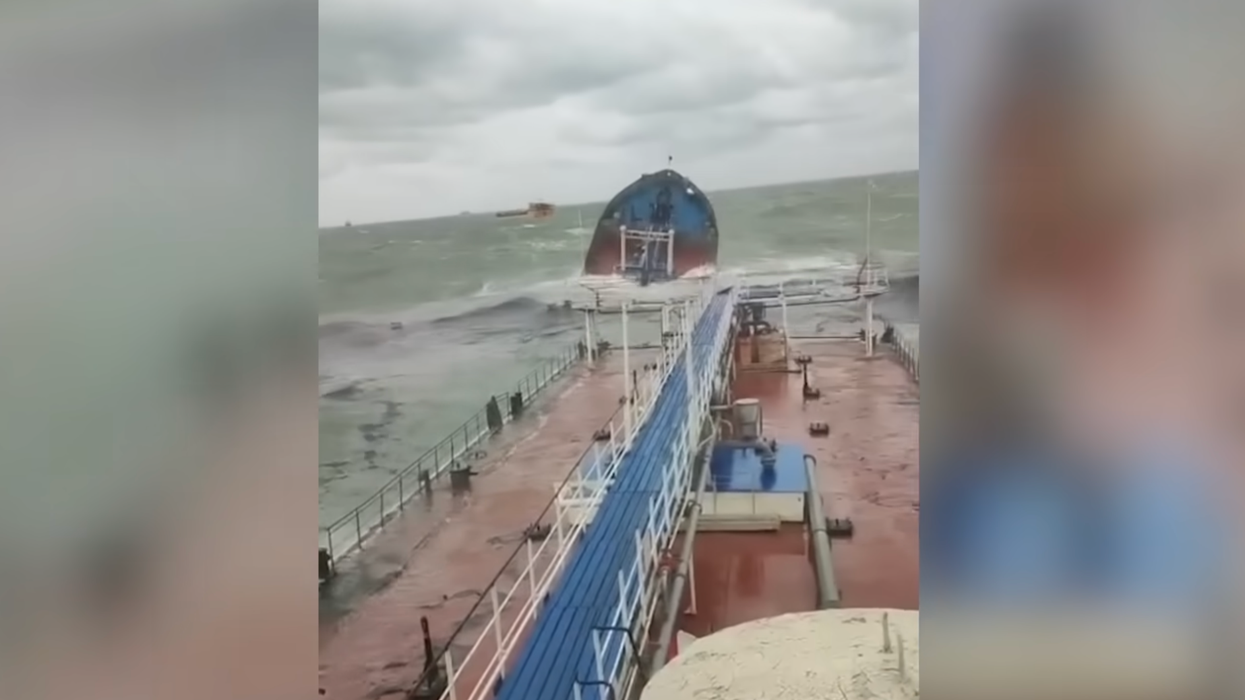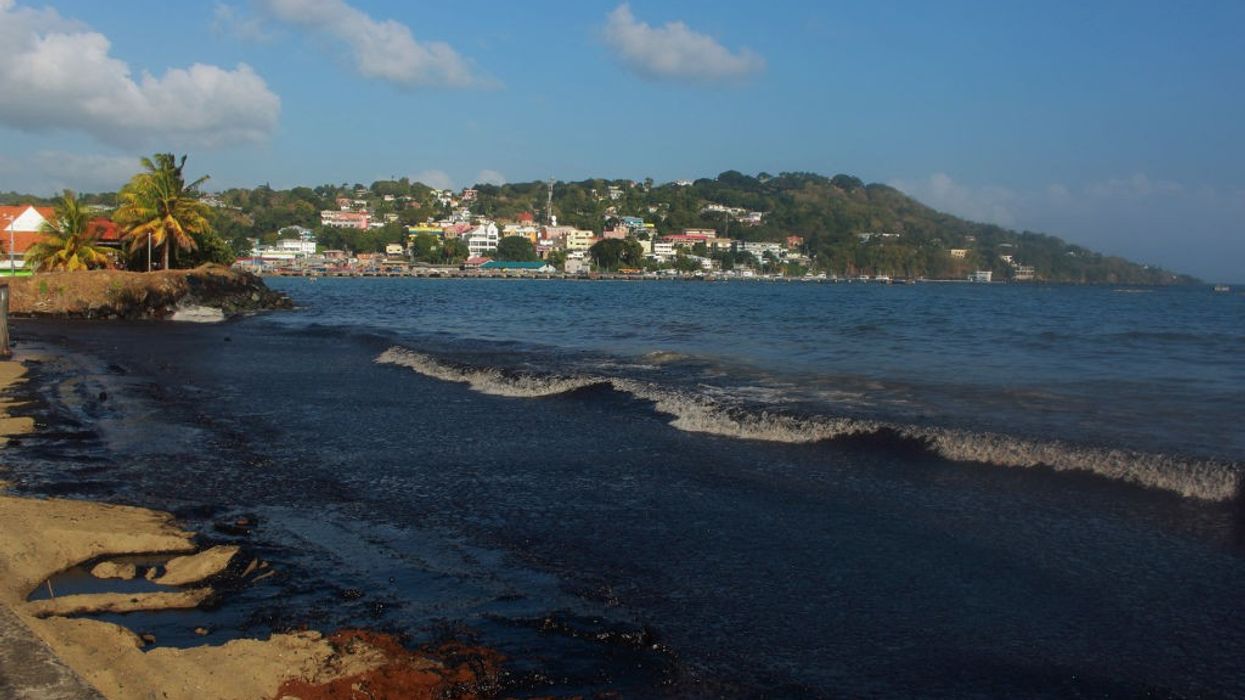Petroperu, the state-owned oil company, was preparing to load the oil onto a tanker when the spill was detected at Las Capullanas beach.
The company has not disclosed exactly how much oil spilled, but OEFA said it has extended over an area of 116-566 acres. Petroperu has also not stated the cause of the accident.
Petroperu told Reuters it has coordinated with the fishermen's union, but fisherman Martin Pasos told the local radio station RPP that he has heard little from the company about when he will be able to resume his work.
"We have not been able to go out for six days now," Pasos said. "It is chaos, what happened in Lobitos. So far, we have not had any response from the oil company."
Petroperu said Wednesday it had deployed clean-up crews as soon as the spill was detected earlier this week and that the cleaning of six beaches in Talara province was almost done.
Authorities were directed under the environmental emergency to carry out recovery and remediation work over the next 90 days.
Infobae reported that Petroperu was "minimizing" the damage as local authorities expressed concern over the safety of "turtles, crabs, octopuses, and fish [that] have been seriously harmed by contact with the spilled oil."
On Sunday, shortly after the spill, the public prosecutor's office launched an investigation into Petroperu's alleged criminal environmental contamination.
Rocío Silva-Santisteban, a poet, activist, and former member of Peru's Congress, noted that "it is not the first time that Petroperu has polluted."
"Since 2014 in Cuninico, Loreto, oil spills have been occurring, affecting the health of animals and people," said Silva-Santisteban. "This has been an ecocide!"




